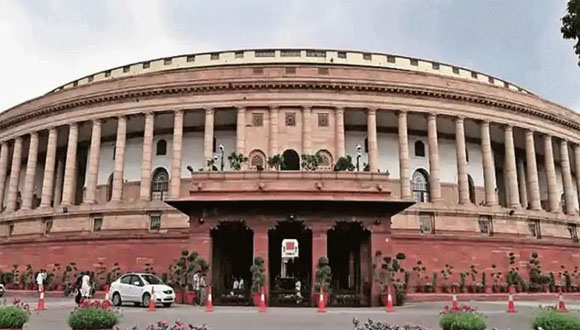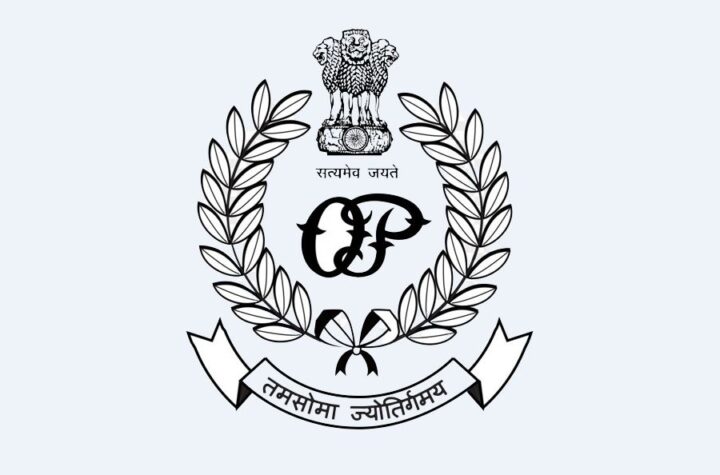On November 26, 72 years ago, the Constituent Assembly adopted the Constitution. Since 2015, the day is marked as Constitution Day and a ceremony is conducted in Parliament to mark the day. On Friday, however, the Opposition stayed away from the function in the Central Hall of Parliament that was addressed by President Ram Nath Kovind as a mark of protest. Congress leader in the Lok Sabha Adhir Ranjan Chowdhury said the Opposition chose to boycott the function since “this government does not believe in democracy” and because “they are hell bent on dismantling each and every institution of democratic India”. Prime Minister Narendra Modi used the occasion to criticise the Opposition,
especially the Congress, and held that the constitutional spirit is hurt when political parties lose their democratic character: “If a party is run for generations by a family and the entire party system is with a family then that is the biggest problem for healthy democracy.” In a sharply polarised political discourse marked by bitterness across the board, it’s not a surprise that a day to mark one of independent India’s greatest achievements should be marked by acrimony more than celebration. Certainly, the anger is understandable. Buoyed by its large electoral majority, the ruling party has refused to give any leeway to the Opposition in the House, ignoring even minimal courtesies the Treasury benches used to extend in the past. Boycotts and disruptions are a part of politics no doubt, especially when space for democratic debate has shrunk with the active connivance of the establishment but the Opposition needs to choose its boycotts intelligently and judiciously. Constitution Day offered it an opportunity to convince Parliament to reflect on the working of the nation’s founding document in the past seven decades and corner the government on its interpretation of constitutional provisions. Instead, it preferred to stay away from the proceedings allowing the government to paint the sulking Opposition as disrespectful of the Constitution itself.
A key failure of the Opposition, particularly the Congress, since 2014, has been its failure to set the political agenda and persuade fence-sitters to their side. This is reflected in its inability to corner the government on its numerous failures and has made civil society organizations and various interest groups. As another parliamentary session begins on Monday, the Opposition ought to plan its entries and exits carefully to make itself heard. When the ruling establishment wants an Opposition-mukt space, surely the Opposition should not be its ally.











More Stories
LS elections: 4th phase polling records 63 pc turnout
‘Still poor country’: India going to become third largest economy in world
Viksit Bharat, Viksit Odisha: PM Appeals to State People to Vote for BJP